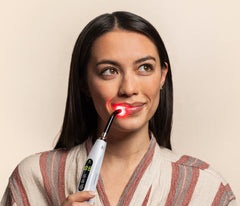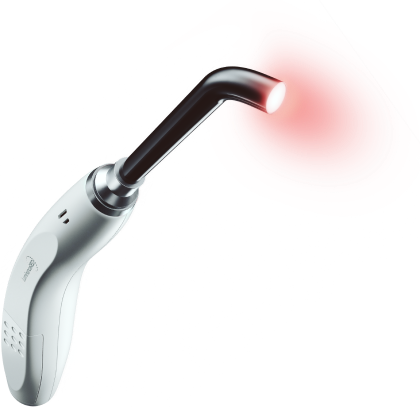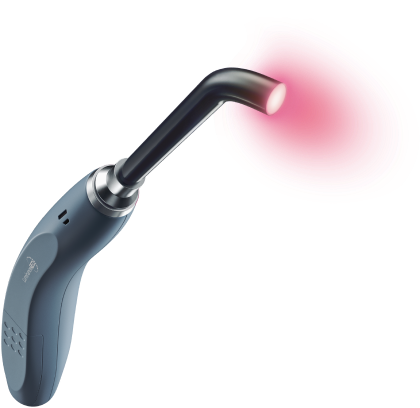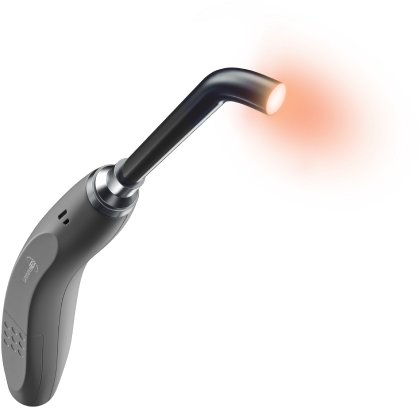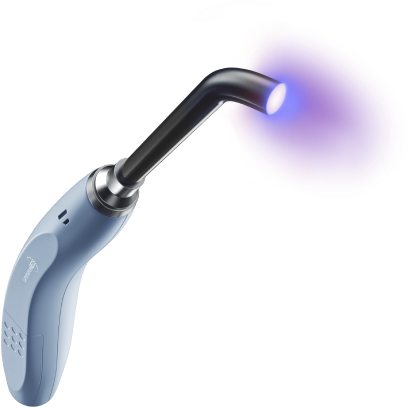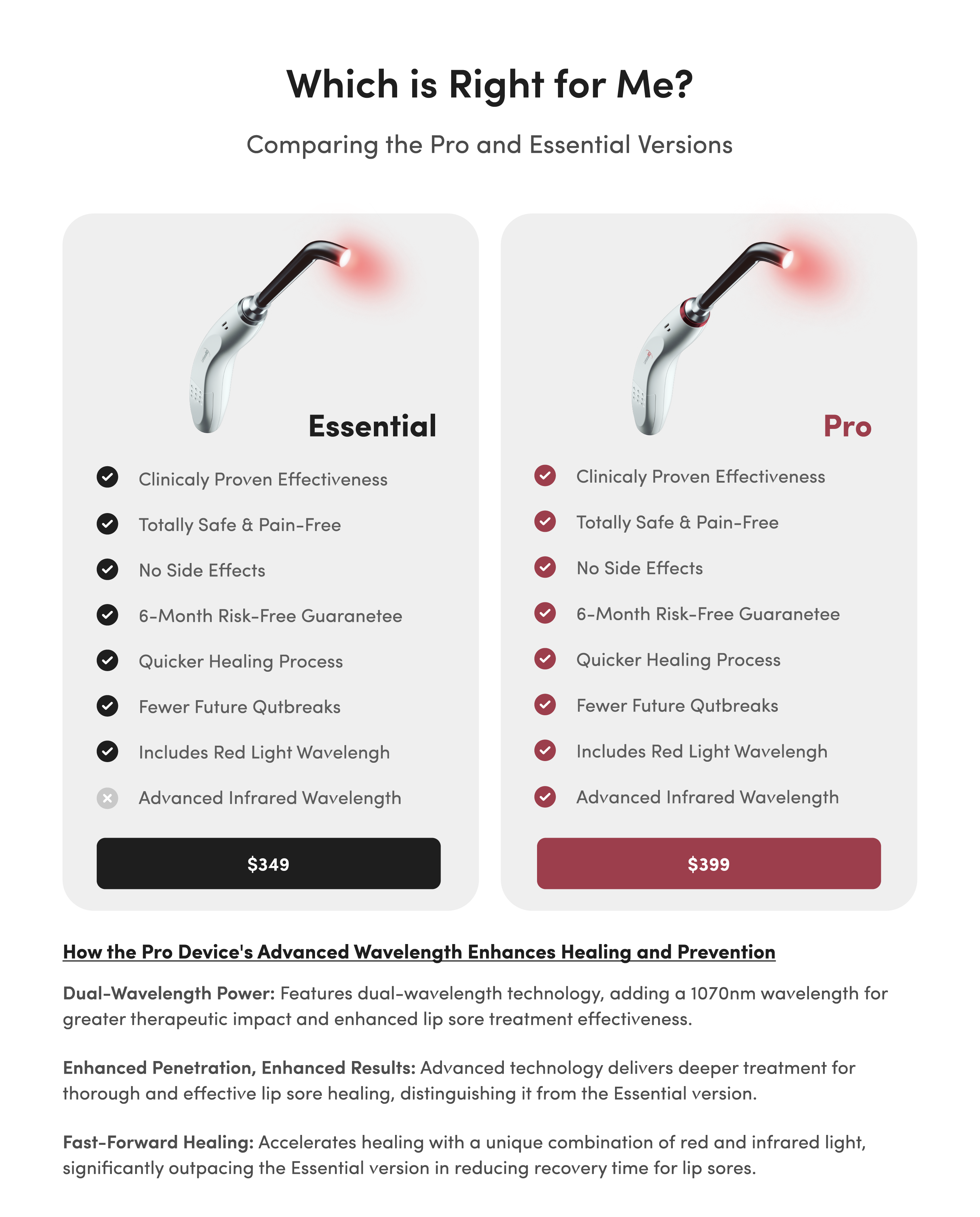This Little-Known Herpes Strain Causes a Cold Sore on Your Ear

Cold sores are bad enough when they develop on your mouth and lips- but a cold sore on the ear?
Though rare, it is actually possible to develop cold sore blisters on your ears. If you’re concerned about a lesion on your ear, and you’re wondering if the pesky herpes virus could be to blame, here’s what you should know.
What is Herpes Zoster Oticus?
Herpes zoster oticus is a complication of shingles, the infection caused by the varicella-zoster virus. That name might ring a bell because it’s the same virus that causes the common chickenpox virus.
Shingles most commonly develop when a dormant varicella-zoster infection becomes reactivated. This is only possible in adults who have already had chickenpox. Shingles cause a very painful rash with blisters, usually on the trunk of the body.
Herpes zoster oticus occurs if the shingles virus spreads to one of the branches of the facial nerve. A herpes oticus infection causes a painful rash on the face-- and even the ear.
Should You Be Worried About Herpes Zoster Oticus?
Herpes oticus is very rare, so it’s not a condition that many people experience. However, it can lead to Ramsay Hunt syndrome (RHS), which causes weakness in the facial muscles. People with RHS have trouble smiling or closing one eye. In extreme cases, Ramsay Hunt syndrome paralyzes all of the muscles on one side of the face.
Due to the potential for serious complications, it’s important to identify symptoms of herpes oticus and seek medical attention immediately if you believe the cold sore on your ear is related to shingles.
Causes of Herpes Zoster Oticus
The virus that causes chickenpox, varicella-zoster, shares some behavior with its close cousin, the herpes simplex virus. Both hibernate inside groups of nerve cells, which makes them nearly impossible to locate or target until they “wake up” and create new infections. This is exactly why there’s no cure for oral and genital herpes.
When the chickenpox virus reactivates, it may spread into the facial nerves and ear region. This is what we call herpes zoster oticus. Excerpts don’t know exactly what triggers the sleeping virus to “wake up”, so it’s a phenomenon that’s impossible to predict.
Symptoms of Herpes Zoster Oticus
Symptoms of herpes zoster oticus are rather distinctive. It begins with a painful rash of blisters filled with fluid in or around one ear. Some blisters even spread into the mouth and throat. This is different from the normal shingles virus that causes a blistery rash on the stomach area.
It’s possible that herpes zoster oticus symptoms will become aggressive and cause more than a painful cold sore outbreak on your ear. If you experience any of these symptoms alone or in combination, call your doctor right away to explore the best treatment options:
- Ear pain
- Hearing loss
- Ringing in the ears
- Vertigo
- Nausea and vomiting
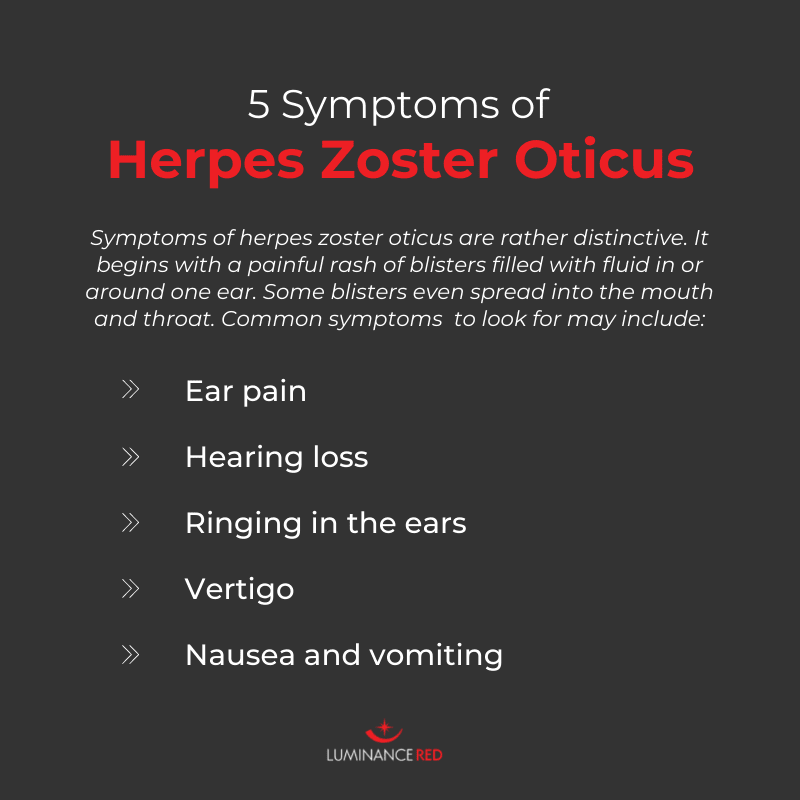
The Best Treatments for Herpes Zoster Oticus
Fortunately, herpes zoster oticus can be treated quickly and effectively once it’s diagnosed. Your doctor may test a bit of fluid from a blister to confirm the presence of the virus. An evaluation of symptoms and a physical exam also help confirm the herpes zoster oticus virus.
Antiviral drug treatment is a popular option to accelerate the healing process. Options include acyclovir and valacyclovir.
Acyclovir is an antiviral medication that treats infections caused by the herpes virus, including herpes zoster oticus. You might recognize Aciclovir by its brand names like Zovirax, Cymex Ultra, and Virasorb.
It’s best to start taking Acyclovir as soon as you notice the first signs of an emerging outbreak. This medication stops the herpes virus from growing and spreading during an outbreak, although it cannot remove the virus from your body completely.
Valacyclovir, also known as Valtrex, produces similar results. This antiviral drug interferes with the DNA replication of the herpes virus for an even longer duration of time than acyclovir. As a result, you can take Valacyclovir less frequently and still enjoy consistent results.
While you’re waiting for antiviral medication to reverse symptoms, you may want to use an over-the-counter pain relief medication like ibuprofen or acetaminophen. These choices are formulated to reduce the inflammation that causes so much pain during outbreaks.
The Luminance RED device may offer a safe and natural light-powered alternative treatment.
The Luminance RED treats standard herpes simplex cold sores with medically optimized light that is metabolized by the skin and turned into cellular energy to help heal blisters faster and force the virus back into hibernation.
What’s the Outlook for a Herpes Zoster Oticus Diagnosis?
Minor cases of the herpes zoster oticus virus can be treated at home with antiviral medication, NSAIDs, and a bit of patience.
However, more serious cases of this rare condition may require more medical attention. For example, some people with RHS need surgical decompression of the fallopian canal to treat complete facial paralysis. Others must take diazepam to combat sensations of vertigo.
Be sure to monitor your symptoms and treatment so that you can put your herpes zoster oticus infection firmly in the past, where it belongs.







